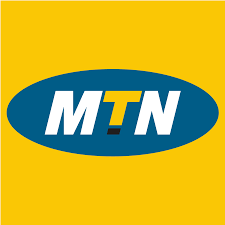The government of Nigeria is seeking about US $2 billion in back taxes from MTN Group, another curve ball directed at Africa’s biggest wireless carrier that’s come to light less than a week after it was ordered to refund $8.1 billion in “illegally” repatriated funds.
MTN outlined the tax dispute and refuted both accusations in a statement on Tuesday, yet faces an uphill battle to convince investors it won’t end up shelling out for either or both offences in its largest market. The shares crashed 17 per cent by the close of the trading session, to just R72 apiece.
“This could be an economic and political play by Nigeria,” Ron Klipin, an analyst at Cratos Wealth in Johannesburg, said by phone. “The Nigerian economy is looking for additional sources of revenue and at the same time the government wants to be seen as tightening up the regulatory framework in the country.”
The Nigerian economy is looking for additional sources of revenue and at the same time the government wants to be seen as tightening up the regulatory framework
The additional scrutiny on MTN comes as Nigerian President Muhammadu Buhari seeks re-election for a new four-year term in a February vote. His administration has pledged to fight corruption in Africa’s most populous nation, including tax avoiders and companies acting unscrupulously. MTN is by far the biggest of Nigeria’s four wireless carriers, with about 54 million customers.
“We remain resolute that MTN Nigeria has not committed any offences and will vigorously defend its position,” the Johannesburg-based company said in the statement.
The office of Nigeria’s attorney-general calculated that MTN owes $2 billion related to the import of foreign equipment and payments to suppliers over the past decade. It asked the South African company to carry out a self-assessment in response, but rejected the company’s findings, which concluded that it had owed — and paid — $700 million.
Recently the Nigerian central bank asked MTN to return funds it alleges the company illegally transferred out of the country over eight years through to 2015. That accusation put the carrier’s planned share sale in Lagos in jeopardy, while the sanctions may restrict its ability to pay dividends.




